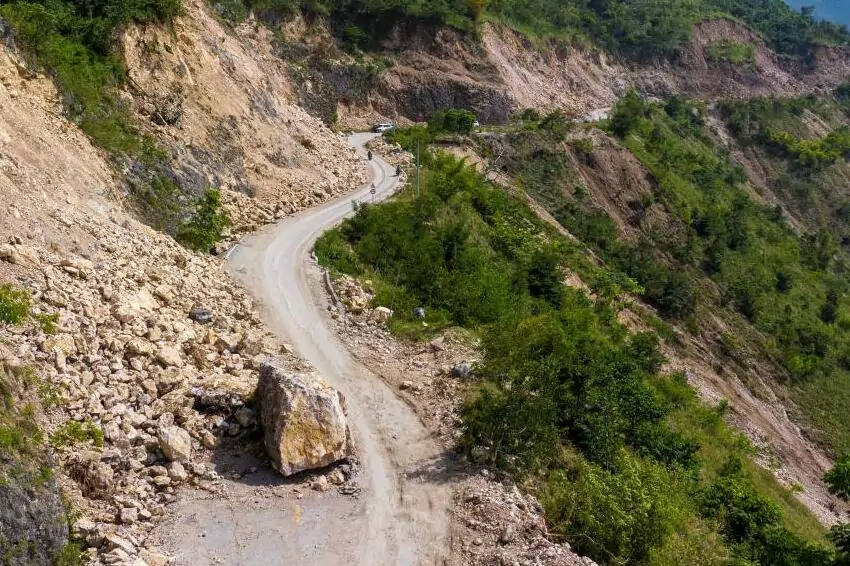

(c) IPRF
An update on the ongoing relief efforts and emergency appeal in response to the devastating earthquake and cholera outbreak in Haiti sheds light on the progress made and the challenges faced in the aftermath of these disasters. Aid organizations continue to work tirelessly to provide immediate assistance, support recovery efforts, and address the urgent needs of affected communities.
The earthquake that struck Haiti resulted in widespread destruction, loss of life, and displacement of thousands of people. It was followed by a cholera outbreak, further exacerbating the humanitarian crisis. In response to these emergencies, an emergency appeal (MDRHT018) was launched to mobilize resources and provide critical aid to those affected.
Humanitarian organizations have been actively engaged in delivering immediate relief, including emergency shelter, clean water, food, healthcare, and sanitation services. These efforts have been vital in addressing the immediate needs of the affected population and preventing the further spread of diseases.
Despite the significant progress, numerous challenges persist in the ongoing relief and recovery operations. The sheer scale of the disasters, limited access to remote and isolated areas, and logistical constraints pose hurdles to the timely delivery of aid. Additionally, the vulnerability of affected communities, pre-existing socio-economic challenges, and the complex political situation further complicate the humanitarian response.
The emergency appeal remains crucial for sustaining and expanding relief efforts. Adequate funding is necessary to ensure the provision of essential services, support long-term recovery initiatives, and facilitate the rebuilding of infrastructure and livelihoods. Continued support from the international community is vital to meet the urgent needs of the affected population and help Haiti rebuild and recover from these disasters.
Collaboration among aid organizations, local authorities, and community leaders is key to ensuring a coordinated and effective response. This includes sharing information, coordinating resources, and aligning efforts to maximize the impact of relief operations. It is through these collective endeavors that the affected communities can receive comprehensive support and the foundation for a sustainable recovery can be established.
Looking ahead, the focus will gradually shift from immediate relief to long-term recovery and resilience-building. This entails not only rebuilding physical infrastructure but also addressing underlying vulnerabilities, improving healthcare systems, strengthening disaster preparedness, and promoting sustainable livelihoods. A comprehensive approach that considers both immediate and long-term needs is essential for Haiti to recover and build a more resilient future.
In conclusion, the ongoing relief efforts and emergency appeal in response to the Haiti earthquake and cholera outbreak demonstrate the commitment of aid organizations and the international community to support the affected communities. While progress has been made, challenges persist, necessitating continued funding, coordination, and collaboration. By working together, Haiti can recover, rebuild, and create a more resilient society in the face of future challenges.
The stepping down of Piyush Gupta from the post of CEO of DBS Bank came after 15 years of leading…
The Delhi Directorate of Education releases 2025-26 marks for year-end tests in school levels 6 through 11. Online test data…
Singapore will further cement its status as an important basketball destination when it hosts three FIBA 3x3 events in 2026…
Jewel Section E, directed by Theodore Boborol and starring Ashtine Olviga as Jay-Jay Mariano, Andres Muhlach as Mark Keifer Watson,…
Cebu Pacific celebrates the delivery of its very first aircraft for 2025, the 459-seat Airbus A330neo, delivered at Ninoy Aquino…
March 29, 2025, will deliver the first solar eclipse of the year when observers from numerous continents can witness this…
This website uses cookies.
Read More